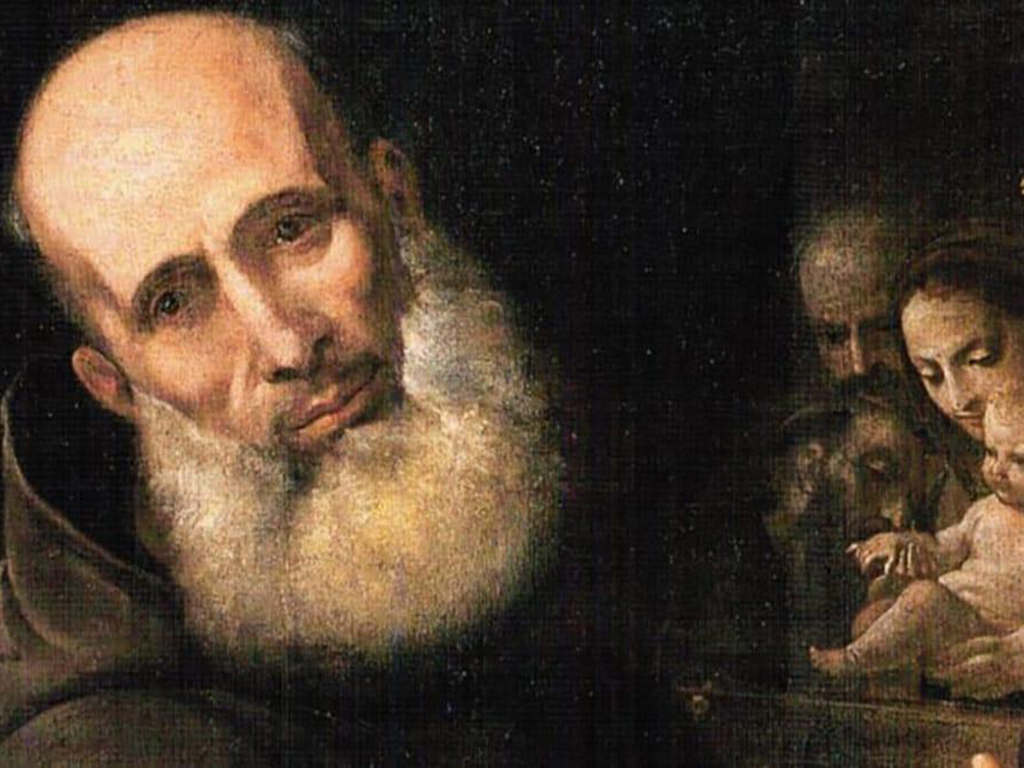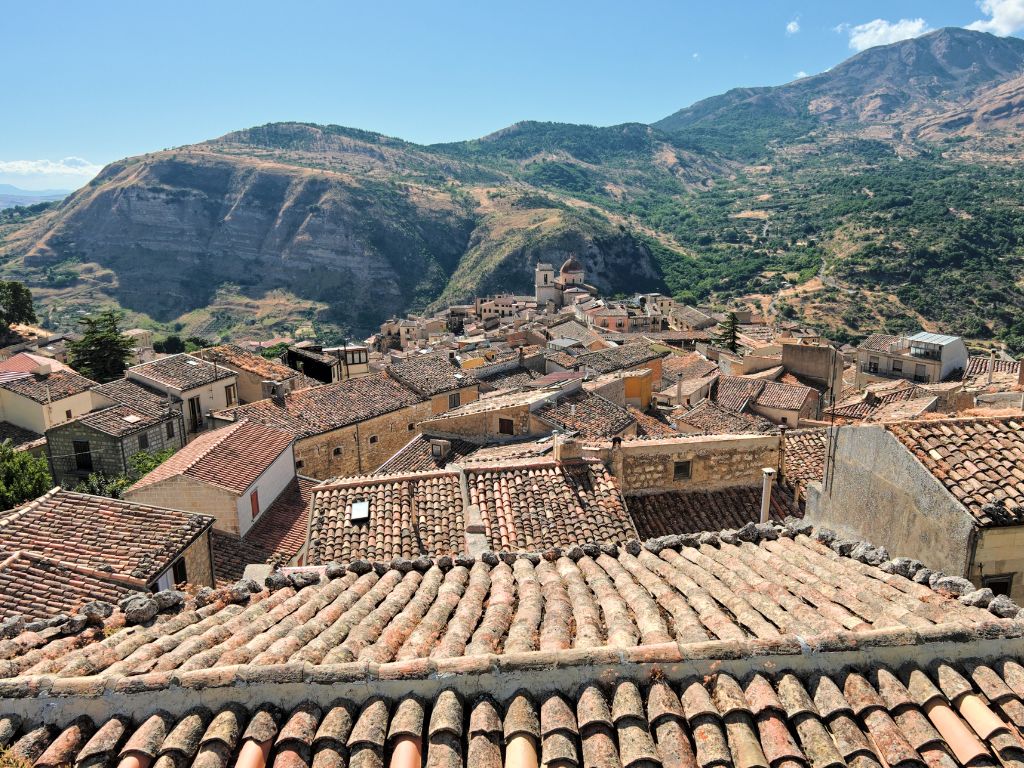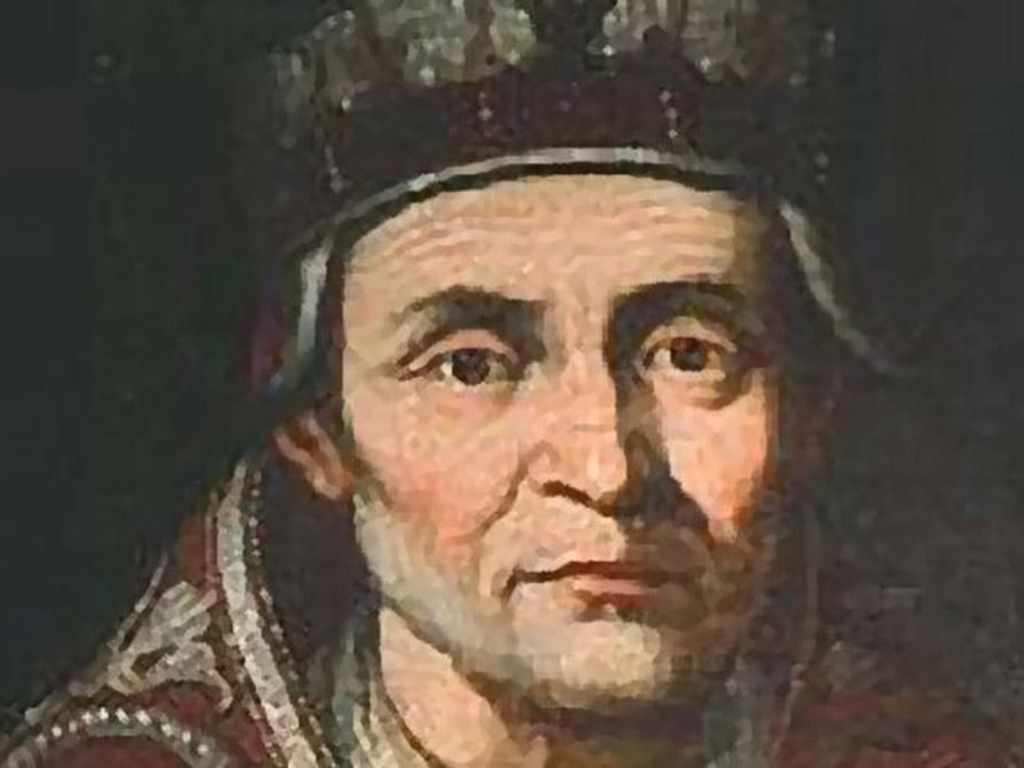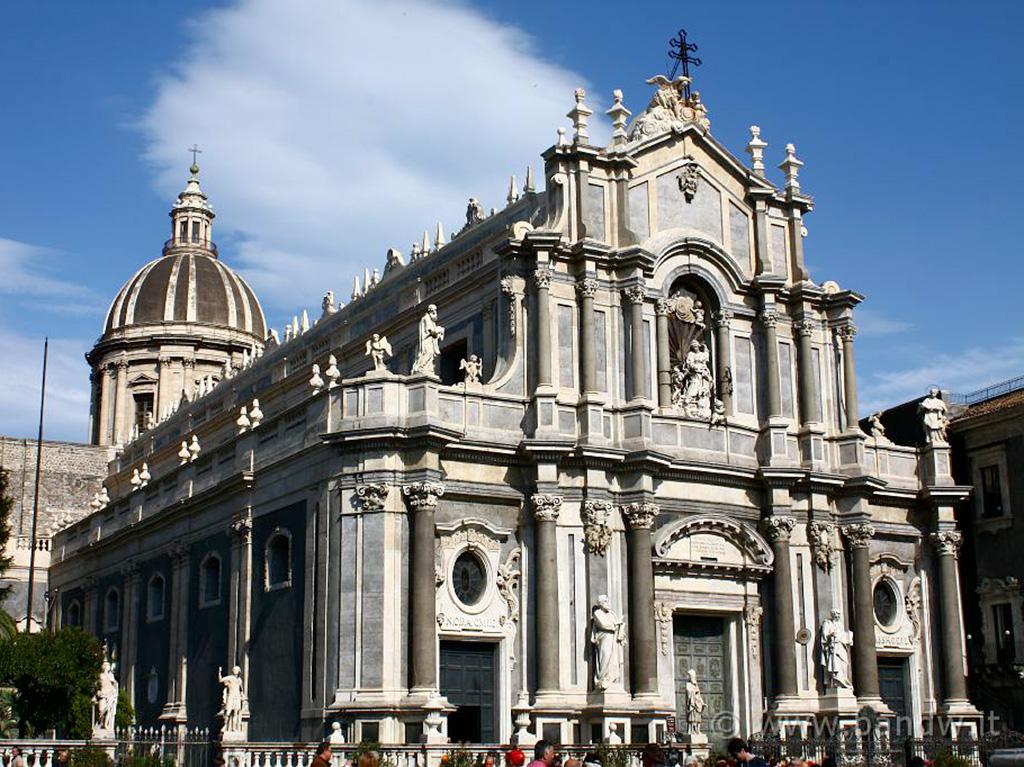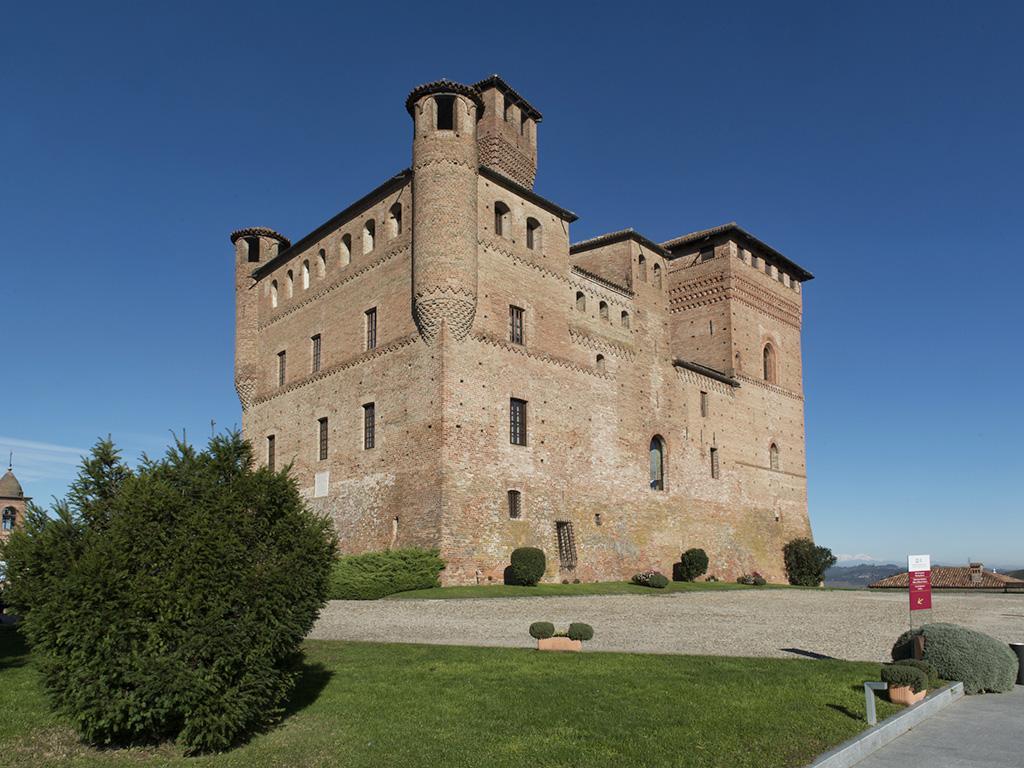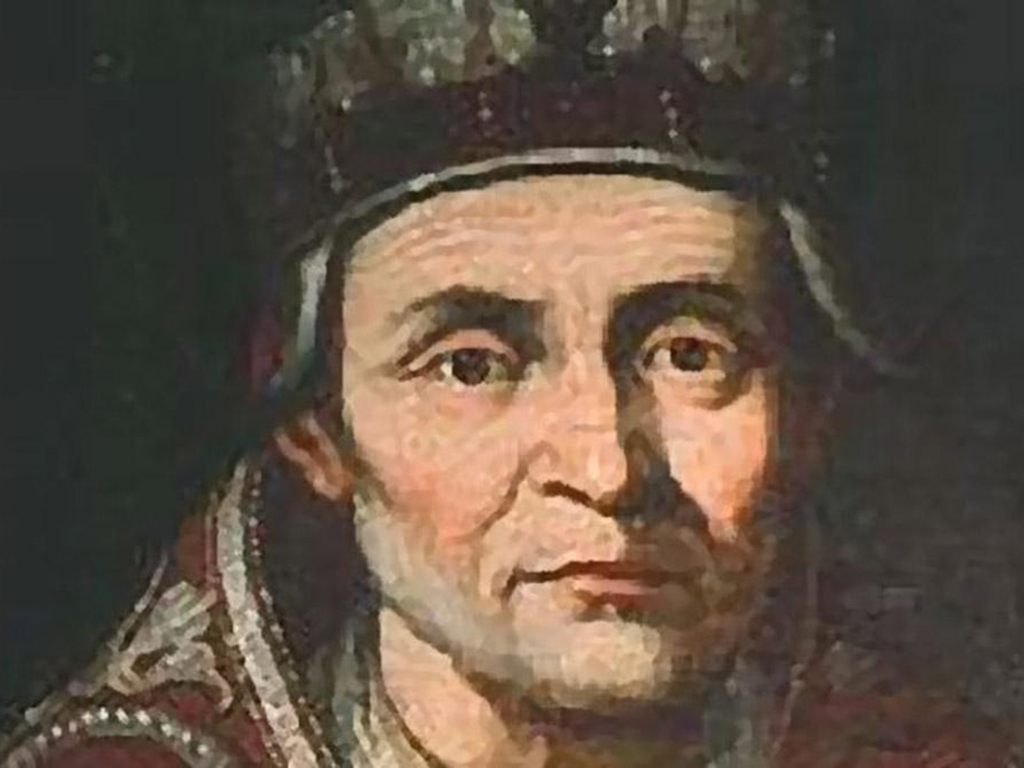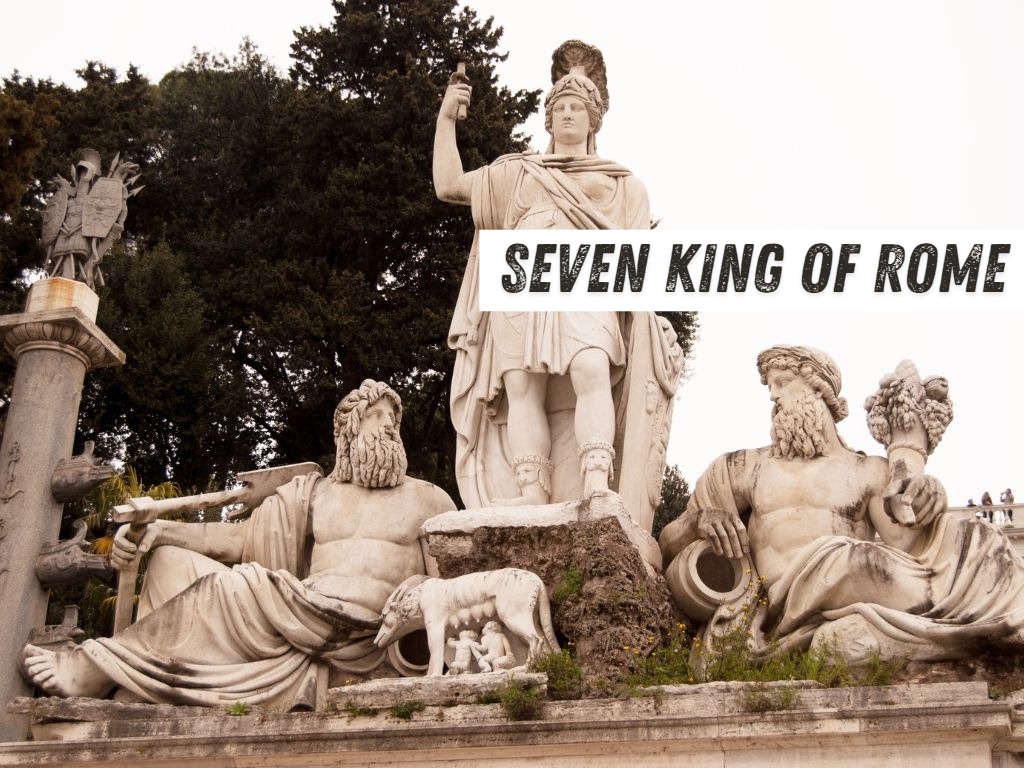Celestine V: From Hermit to Unexpected Pope. Discover how his profound devotion and the "Great Refusal" shaped papal history and inspired generations to come.
Celestine V: The Pope Who Abandoned the Throne of Peter
History
In the vast history of the Catholic Church, few figures stand out as sources of inspiration and questions like Pope Celestine V. This unique man, known as the "Hermit Pope," has left an indelible mark on the religious landscape and the conception of the papacy. His life, his unexpected election, and the unprecedented decision to abdicate shook the foundations of the Church and left a legacy that continues to resonate in the centuries that followed.
Born Pietro Angelerio in the remote landscape of Isernia, Italy, Celestine V spent his early years immersed in faith and a longing for spirituality. This inclination led him on an unexpected path, from the solitude of a hermit monk to the seat of Peter. His election coincided with a tumultuous period in the Church's history, where unity and direction were particularly needed.
However, his time as pontiff was anything but conventional. In a gesture that broke norms and expectations, Celestine V decided to abdicate after just five months of papacy. This unprecedented act, known as the "Great Refusal," raised profound questions and laid the groundwork for the debate on papal resignation in future generations.
This article will delve into the life of Celestine V, his unlikely rise to the papal throne, his lasting impact on the Church and spirituality, as well as the challenges and consequences of his decision to abdicate. Through his fascinating story emerges a figure of humility, devotion, and a deep desire to follow his spiritual calling, even if it meant relinquishing unparalleled power. Celestine V invites us to reflect on the relationship between power and spirituality, the strength of humility, and the pursuit of authenticity on the path of faith.
The Spiritual Ascension of Celestine V
Celestine V, originally named Pietro Angelerio, was born in 1215 in Isernia, Italy. Raised in a humble family, he showed a strong inclination for spirituality and withdrawal from the world from a young age. He became a Benedictine monk and then a hermit, retreating to isolated places to cultivate his relationship with God through prayer and meditation.
His life of intense prayer and his reputation for holiness drew the attention of many followers, and he eventually became the leader of a hermit movement. However, Celestine desired an even more solitary and withdrawn life, which led him to retreat to an inaccessible cave in the Abruzzo region.
The Unexpected Papal Election
In 1294, the Catholic Church was in a tumultuous phase. After the death of Pope Nicholas IV, the conclave for the election of the new pontiff proved extremely divisive and deadlocked. The situation prompted the cardinals to seek an external figure, a man of great holiness and spirit, who could unite the Church and lead it in a new direction.
The choice fell on Celestine V, who was still in hermitage in his cave. With great reluctance and after being persuaded by the cardinals sent to find him, Celestine accepted the election and became Pope Celestine V in July 1294. He was a humble and inexperienced man, completely outside the traditional ecclesiastical power structure.
The "Great Refusal" and Abdication
In the panorama of papal history, few events have been as unusual and significant as the abdication of Pope Celestine V. After just five months of his reign, Celestine V made a decision that would shake the foundations of the Church and influence the concept of the papacy and the renunciation of power.
In December 1294, Celestine V surprised the world by announcing his intention to abdicate from the Chair of Peter. This unprecedented move, often referred to as the "Great Refusal," left many perplexed and triggered a series of reactions and discussions throughout the Christian world.
The motivation behind Celestine V's abdication was rooted in his deep humility and awareness of his limitations. He recognized that the complex issues and political dynamics of the Church required skills and knowledge he did not possess. Instead of clinging to power, he chose to relinquish his position to someone who could lead the Church more effectively.
This decision was not without controversy. Some cardinals initially opposed Celestine's abdication, seeing it as an act that could weaken the papal position. However, they eventually accepted his choice, and in December 1294, Celestine V officially stepped down from the papal office.
This act of humility and renunciation raised a series of questions and reflections in the Church and society of the time. It opened the debate on the possibility of a pope resigning from his office, an idea that would have a significant impact in the centuries to come. Furthermore, Celestine V's abdication shed light on the complexity of power dynamics within the Church, highlighting the tension between the desire for spiritual authenticity and the practical demands of leadership.
Celestine V's act of resigning the papacy left a lasting legacy, sparking debate about the nature of the papacy and the relationship between power and spirituality. His decision remains a benchmark in the history of the Church, prompting reflections on what it truly means to lead a community of believers and set aside personal pride for the common good.
Enduring Legacy
Although his pontificate was brief and controversial, the legacy of Celestine V has endured. His abdication laid the groundwork for the concept that a pope could resign from his office under certain circumstances, an issue that became particularly relevant in the following centuries.
Furthermore, his ascetic lifestyle and devotion to prayer have inspired many believers, both in his time and beyond. His simplicity and ability to remain true to his deep spirituality despite papal responsibilities have made Celestine V a revered figure for those seeking holiness through renunciation of the material world.
In conclusion, Celestine V was a unique pope in the history of the Catholic Church, a man who demonstrated that devotion and humility can be powerful guides even in moments of great authority and power. His brief reign had a significant impact on the Church and the very conception of the papacy. His legacy continues to inspire those seeking spiritual authenticity and a deep commitment to faith.







